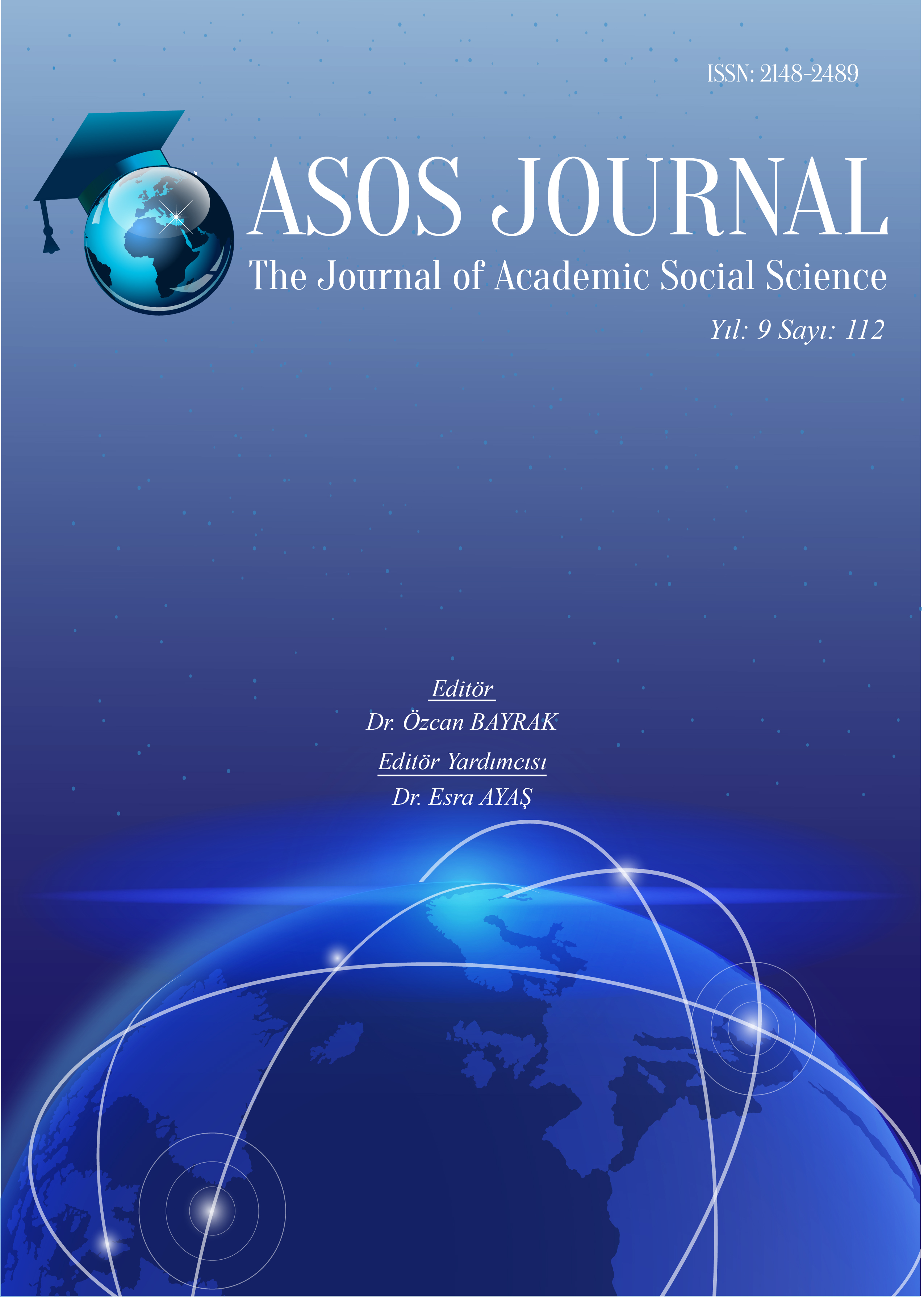Author :
Abstract
Mustafa Kemal hatte vor der Gründung der türkischen nationalen Staates bis 1923 den nicht türkischen islamischen Zazas und Kurden Gleichberechtigung, gleiche Behandlung wie die Türken in politischen, wirtschaftlichen und kulturellen Bereich versprochen. Nach der Gründung der Republik wurden diese Versprechungen vergessen, ihre nationale Existenz ignoriert. Zazas und Kurden waren enttäuscht, als diese Versprechungen nicht eingehalten wurden. Der Scheich Said Aufstand ereignete sich zu einer Zeit, als die Mosul-Fraga auf der Tagesordnung des Völkerbundes stand. Daher behauptete die Türkei, dass hinter den Aufstand Engländer stehen würden. Dass der Aufstand religiös, reaktionär wäre. Auch die türkischen Kommunisten behaupten diese These. Wir wollen diese These überprüfen und stellen fest, dass der Aufstand nicht nur religiöse Motive sondern auch nationale, soziallen und kulturellen Motiven habe.
Keywords
Abstract
Mustafa Kemal had promised the non Turkish Islamic Zazas und Kurds equal rights, equal treatment as the Turks in political, economic and cultural spheres before the founding of the Turkish national state until 1923. After the founding of the Republic, these promises were forgotten, their national existence ignored. Zazas und Kurds were disappointed when these promises were not kept. The Sheikh Said rebellion occurred at a time when the Mosul-Question was on the agenda of the League of Nations. Turkey claimed that behind the uprising English Imperialism would stand and, therefore, the uprising would be religious, reactionary. The Turkish communists also maintain this thesis. We want to review this thesis und state that the uprising has not only religious motives but also national, social and cultural motives.
